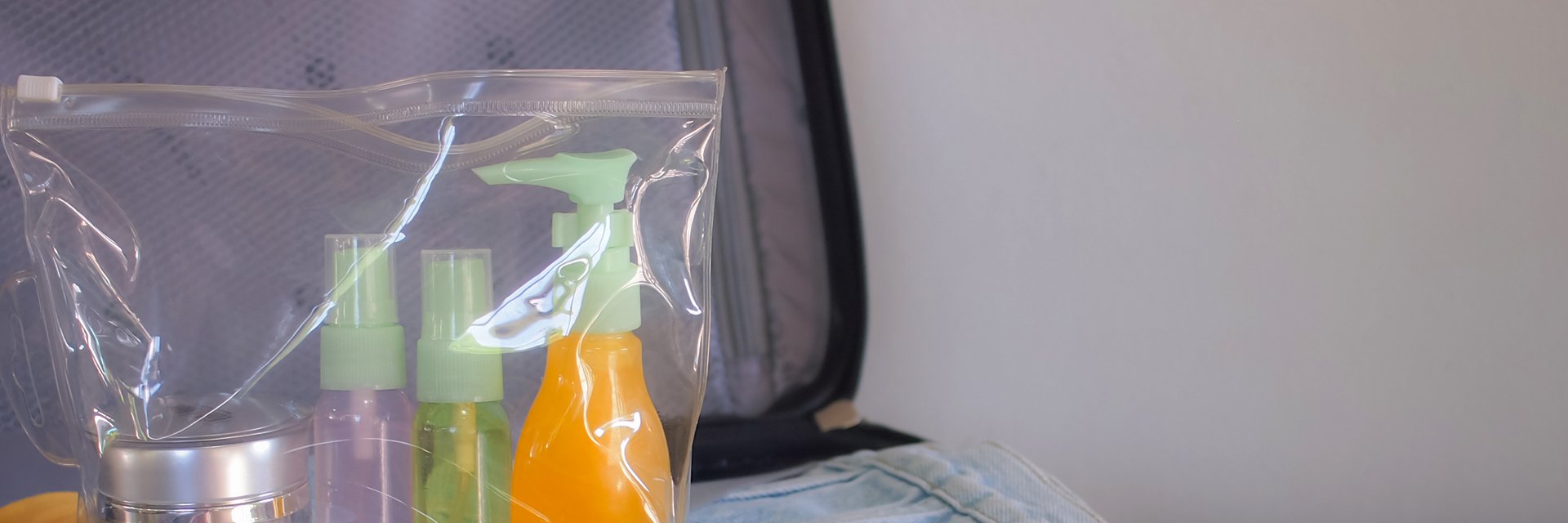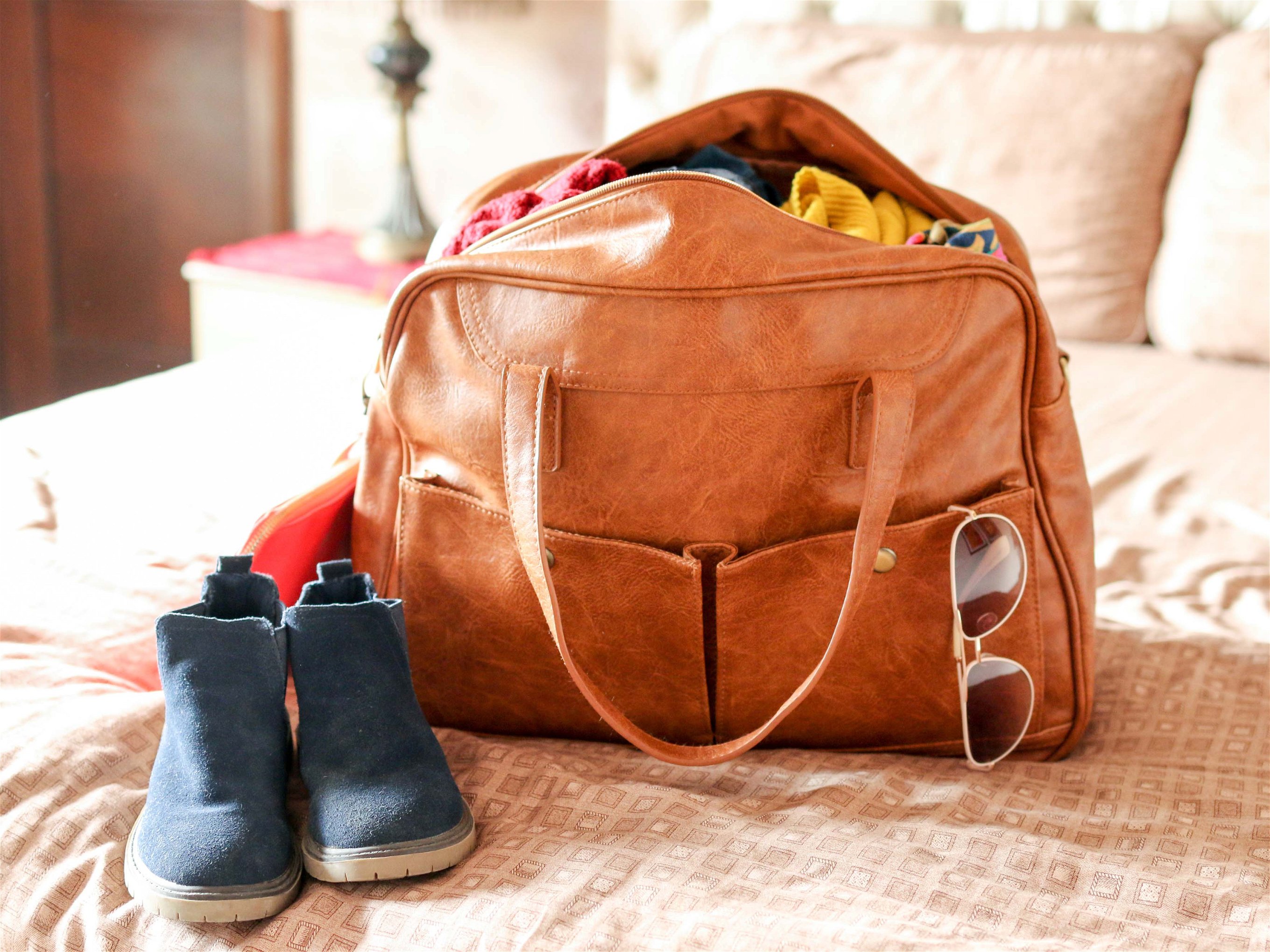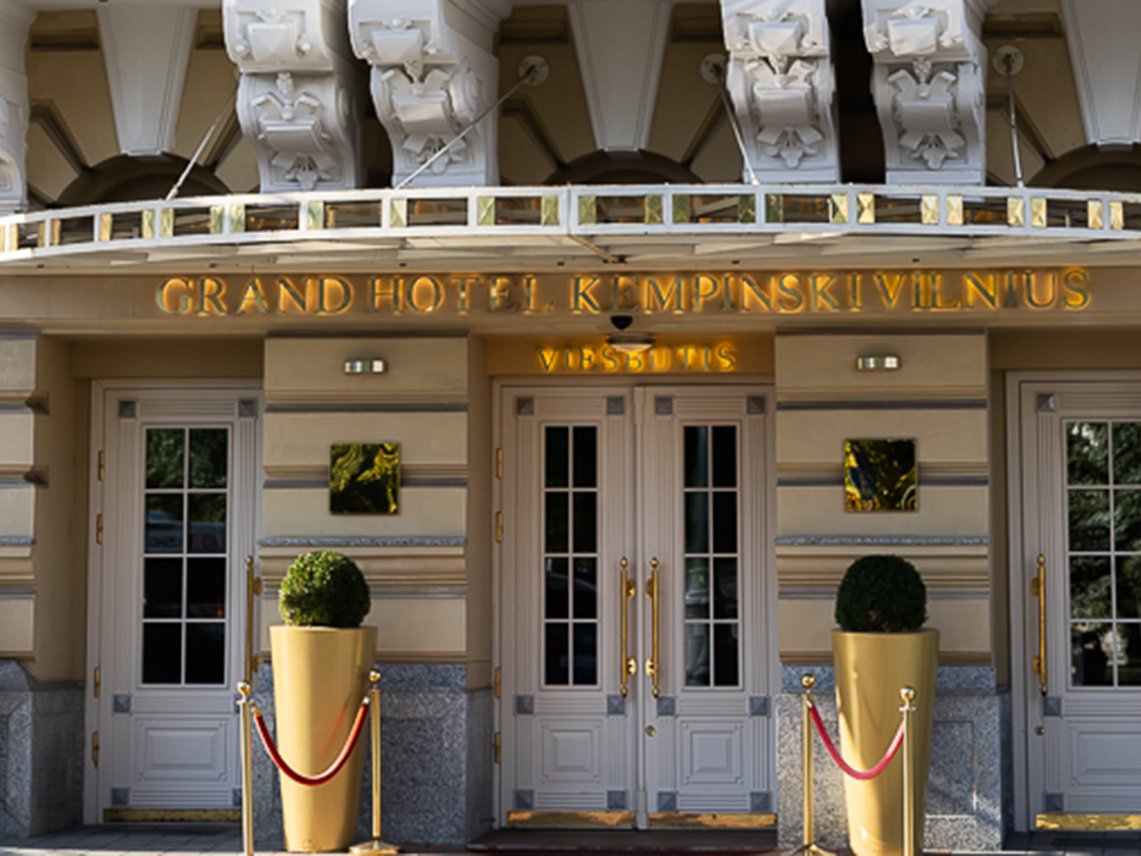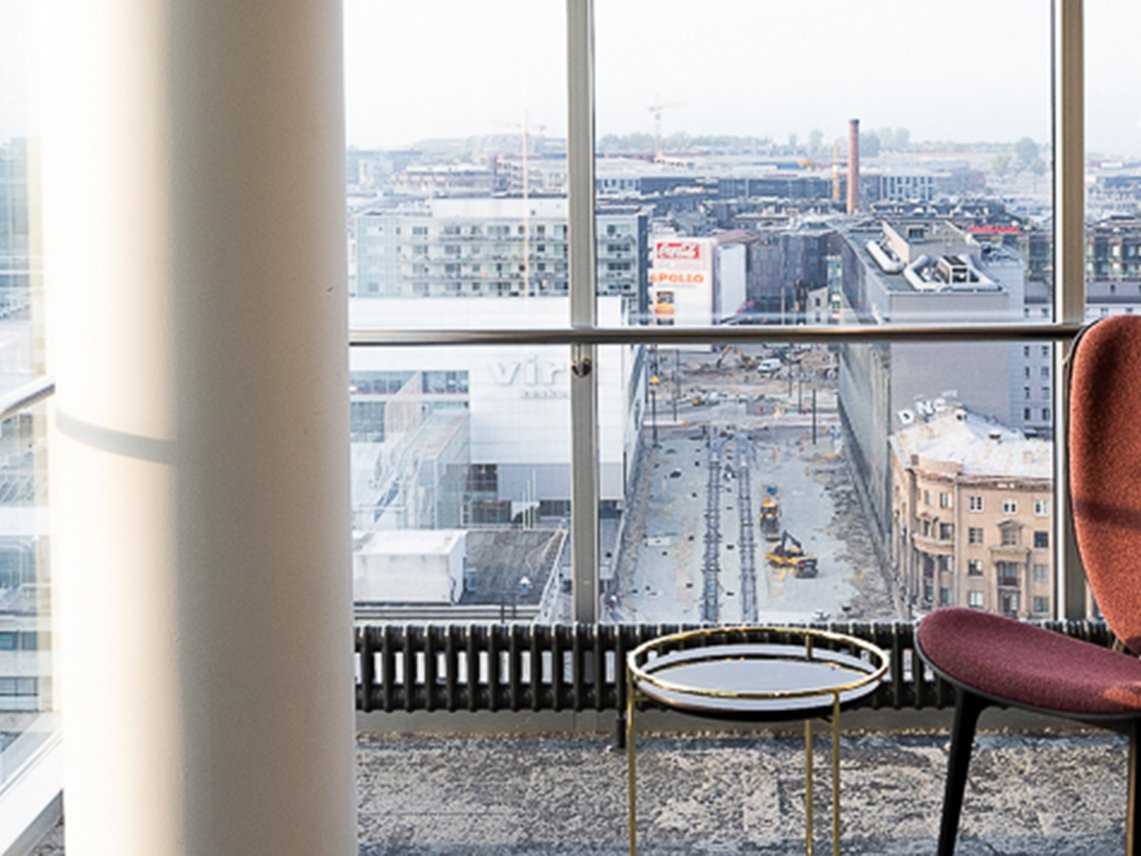UK airports to drop 100ml liquids rule by 2024
With the impending introduction of high-tech 3D scanners, the rules which have been in place since 2006 are set to change.
Currently, in the UK, passengers are not allowed to carry liquids over 100ml past security, and liquids must be placed in clear, sealable bags. No more than 1L per person is permitted in total, although liquids over 100ml can be placed in hold luggage. These rules were introduced following a thwarted terrorist attack in 2006, in which a person attempted to blow-up multiple aircraft using explosives disguised as soft drinks. Following this, there was a brief period when liquids of any kind were banned on flights. Now, new 3D technology, which will be phased in by mid-2024, will mean that passengers no longer need to obey the 100ml limit and will not need to remove liquids from their bags; this will also apply to laptops and electronics. The scanners will use 3D imaging to scan bags as opposed to the current method, which provides a more 2D image.
Gatwick and Birmingham Airports, along with Heathrow Airport, have already begun trialling the new technology, in which the latter invested £50 million in 2019. The UK government originally announced plans for the scanners to be in place in 2022. However, this faced repeated delays due to the pandemic. Heathrow and other major UK airports have now been given an approximate deadline of mid-2024 to replace older versions with the new 3D scanners, while Heathrow expects to end its trial period and begin using them with the general public by this time. Until the official date is announced, passengers will need to comply with the current rules.
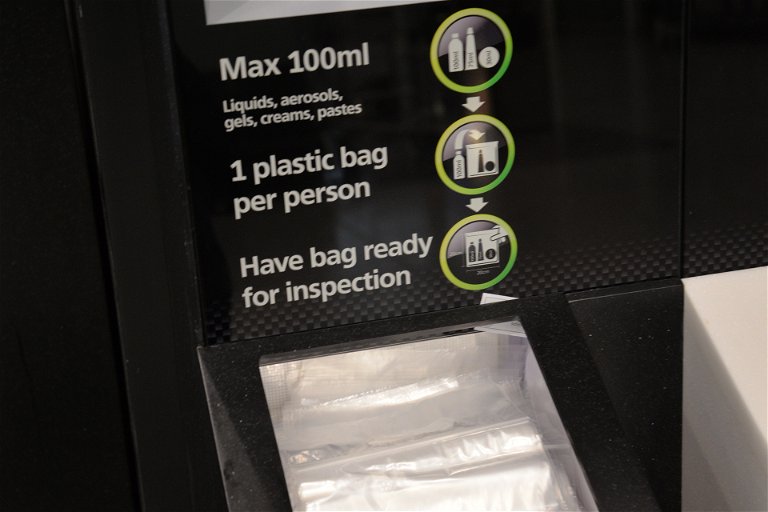
The announcement has been welcomed by passengers, airport staff and aviation crew following this summer’s airport chaos, which saw delays, staff shortages and cancellations. Many claim that excessively long queues at security contributed to the problem, as there was both a lack of security staff, as well as a slow process of separating liquids and laptops from passenger’s luggage. The change could dramatically reduce delays and queues in airports when it is introduced, and many have commented on the potential reduction in plastic usage, as it will eliminate the use of clear plastic bags.
Similar scanners have also been introduced already in countries such as the United States, which has been slowly introducing them to airports since 2018, and Ireland, which scrapped the 100ml liquids rule after introducing the scanners at Shannon Airport.
